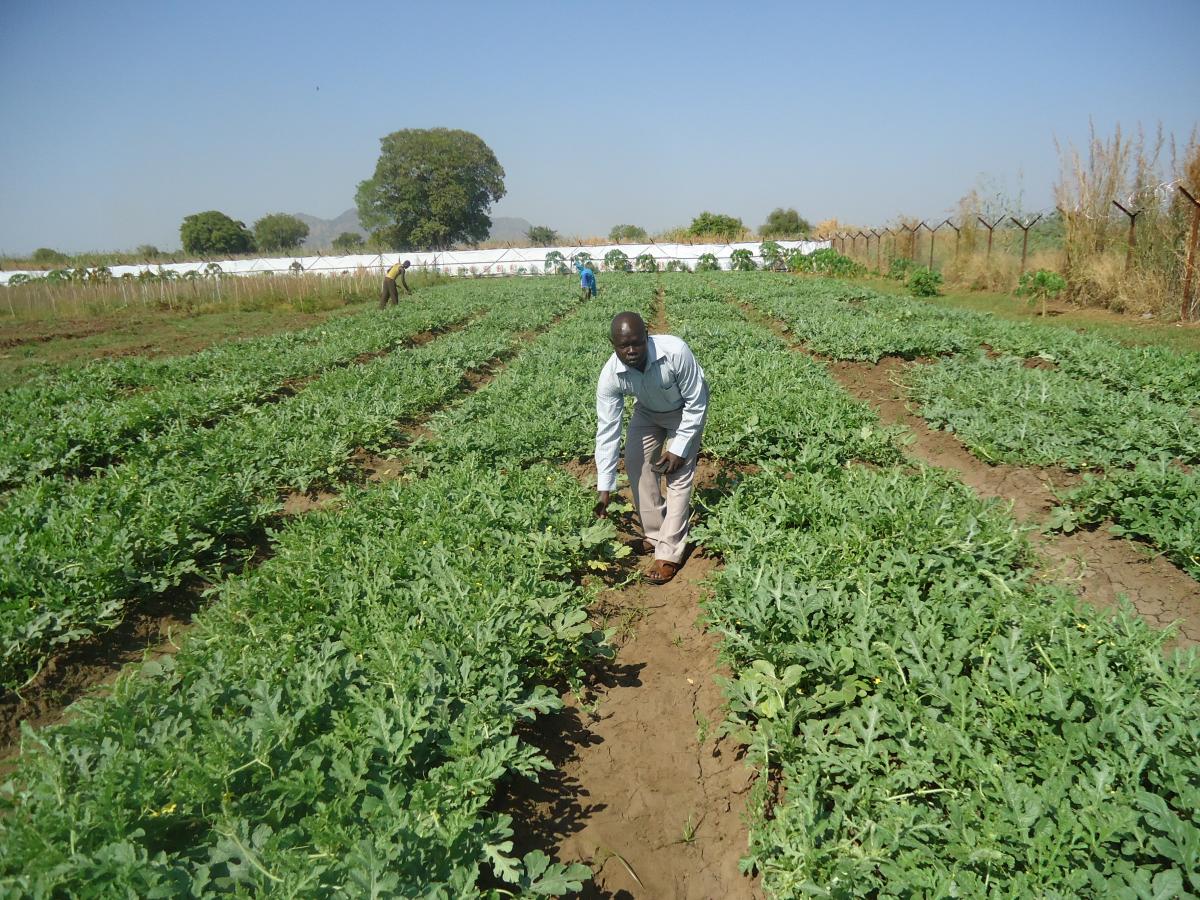The continental financial and development institution, the African Development Bank has approved a grant of 8.1 million US dollars to South Sudan to fund its Emergency Food Production Programme.
In a statement early this week, the Bank said the grant account for additional financing to the ongoing Agricultural Markets, Value Addition and Trade Development Project (AMVAT).
The implementing agencies of the grant said they are seeking to contribute to reduced food insecurity, poverty reduction, economic growth and building of community and household resilience and social cohesion.
“Exacerbated by climate hazards, the threat of a food crisis has long loomed over South Sudan, which has not been food self-sufficient since 2009,” the Bank noted.
According to reports, South Sudan’s economy had recorded a strong growth after signing of the revitalized agreement, with a real GDP growth estimated at 9.3% in the year 2019 – 2020.
The economy, however, registered a contraction of -3.4% in 2021, a situation that resulted from the decline in oil income after the emergence of the COVID-19 pandemic.
The ADB said the Emergency Food Production Programme targets hundreds of thousands of households who have lost their crops and livestock to years of flooding in the five states of Northern Bahr el Ghazal, Upper Nile, Western Bahr el Ghazal, Eastern Equatoria and Western Equatoria.
“It is a continuation of the performing AMVAT project, but with a focus on the emergency food crisis and disruption of supply of critical inputs for food production in South Sudan,” said Nnenna Nwabufo, the Bank’s Director General for East Africa.
The project is expected to boost agricultural production and productivity by using improved seeds, fertilizer, and extension services for farmers and to strengthen the institutional capacity of the agricultural sector.
According to the financial constitution, the grant will be used to procure 498 million tonnes of sorghum seeds and cow-pea seeds, 10 million tonnes of rice seeds and 30 million tonnes of fertilizers to be distributed to farmers.
The project, implemented in partnership with the UN’s Food Agriculture Organization could lead to a sustainable increase in the country’s agricultural production and improved quality of life for farmers.
It will also help promote climate-smart agriculture and enhance the country’s food security.
The years of conflicts disrupted the country’s development and restricted the population’s ability to
engage in socioeconomic activities, according to a report by the UN development agency, UNDP.
It also noted that valuable resources and basic services have been difficult to access, the proportion of displaced persons increased, and the people’s dependency on humanitarian assistance multiplied.

